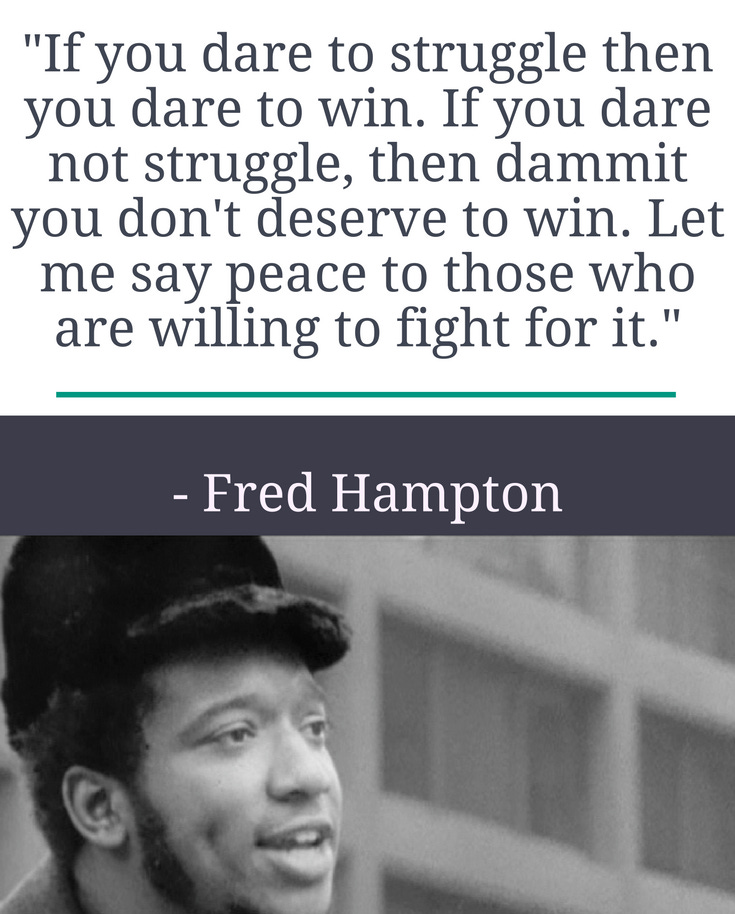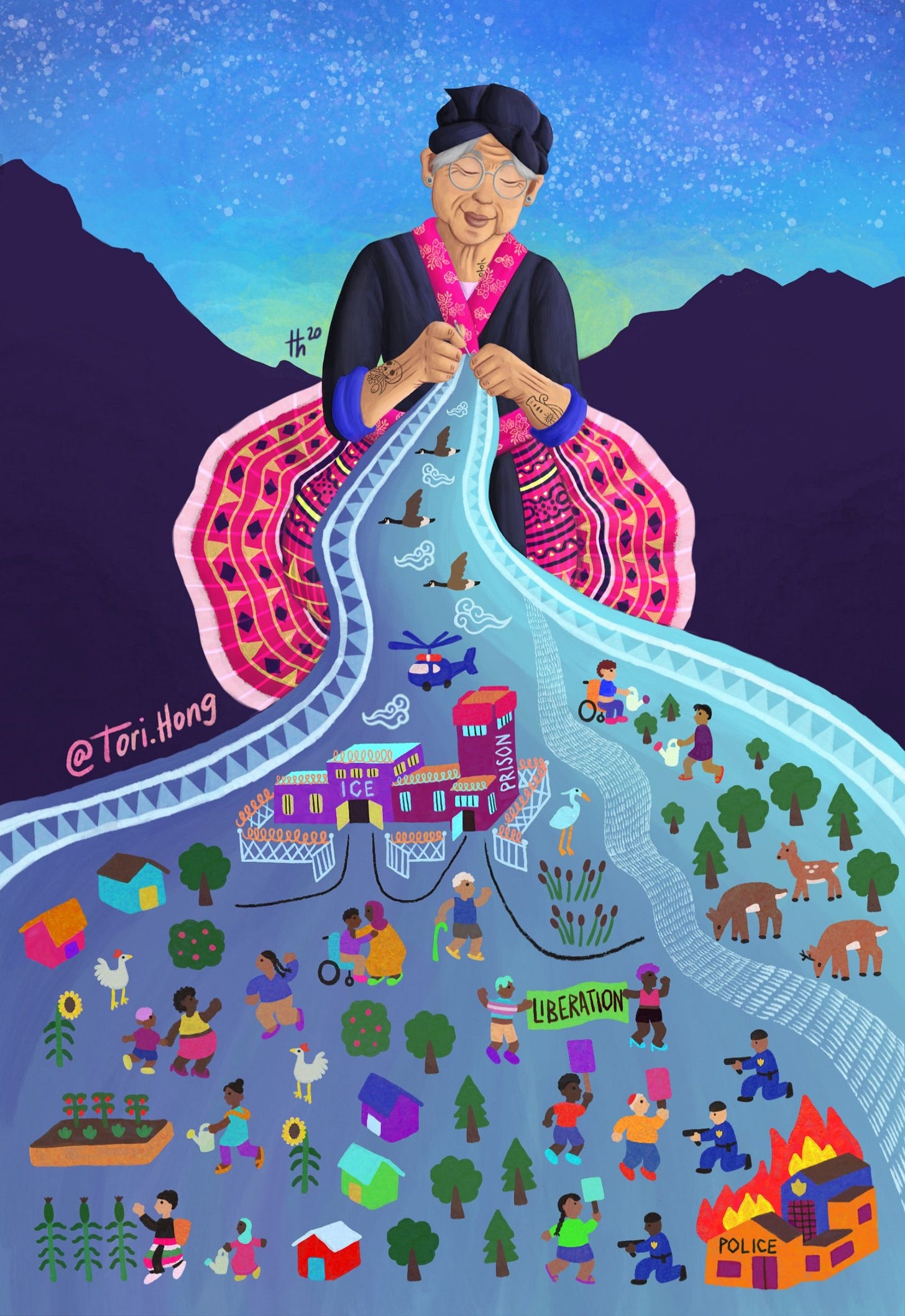Everyday on my way to work, I walk by a bus stop— the same one that every doctor, nurse, medical student, PA, lab technologist, researcher etc walks by if they work at this hospital/ academic medical center. The bus stop is directly in front of our main hospital so everyone walks or drives by at least twice a day.
Public transportation in Southern California is horrible. So if people are waiting here and reliant on buses for transportation, then that tells you a lot about their day-to-day suffering.
I’m painting a picture because I want you to visualize this bus stop in your head. 5 minutes of carefully observing this bus stop can show you why mainstream healthcare systems are not designed to “save lives”. It might also tell you a little bit about the first steps we can take to play our role in building a better world.
Last week, I saw an elderly woman at this bus stop. It was 4 am. I was on my way to work. She was wearing a gown given to patients admitted at our hospital. She had a plastic white band on her wrist that all patients get. She had just been discharged from the hospital. She was visibly shaken, cold, shivering, in pain still — not a new startling pain, but the kind of excruciating pain that one is forced to live with it. There was a duffle bag beside her. Something told me that the bag had everything she owned in her name. She was wrapped in a blanket— a thin one that likely came from the hospital which surely could not withstand these cold winds.
This old, frail woman was curled up on a metal bench next to the bus stop. The bench was split in half with a raised metal barrier in between- a purposeful state-sponsored design aimed at making it nearly impossible for unhoused people to find anywhere to lay down for a minute. They call it “anti-homeless architecture” but we’ll get into the irony of that sort of “business-as-usual” violence later. Somehow, she contorted her entire body to fit on one half of this unfathomably uncomfortable bench. This cold, hard, bony bench was the only place she could find to sleep for the night after she got discharged from the hospital. This is not an odd occurrence. It happens all the time. It’s “normal”.
I saw the elderly woman again in the afternoon. This time under scorching heat on what must now be a scalding hot bench. She was using the thin blanket to shield herself from the sun. The duffle bag was still there, as were her blood-stained hospital socks. I didn’t notice the blood earlier because it was dark. There was a new, faint odor of urine- only noticeable if you spend more than 5 seconds near this bench— But who would do that?
In broad daylight, countless people in medical scrubs and white coats walked right past this bench— hundreds, maybe thousands of people over the 4 days that the woman lay there in pain. These are people who work in medicine— a “humanitarian, cutting-edge system that provides innovative care”. I was able to give her my jacket & enough money to find a place to sleep for a couple of nights. I still didn’t do enough but it was more than the nothing that most other people making 6 or 7 figure salaries did. Most people didn’t even notice that there was a living, breathing, struggling human on the bench. Others saw her but very quickly & intentionally looked away. For a fraction of a second, I saw a glint of empathy in their eyes for their fellow human in need. But after came a soulless, hollow glaze like a veil of chosen ignorance & dissociation. They decided that this was not their problem.
A bench. An visibly distressed elderly woman in need. People in scrubs & white coats with careers built on sickness & disease walking around her. A profit-driven, exploitative healthcare system that was never designed to heal anyone. It all fits.
What would it mean for someone to truly provide care to people in the fullest, truest, boldest, most courageous sense of what that means? What would it mean for a doctor, nurse or healthcare provider to truly serve patients & help them heal? What would it mean for a therapist to truly provide life-sustaining support to people crushed by capitalism/ colonialism? What would it take of us? What does real medicine look like in a world where people are left to starve on the street? What is the role of medicine under capitalism which deprives people of the right to live?
The violent “business-as-usual” status quo & learning to think, dream, imagine beyond these boxes
It is not unusual to see discharged patients lying outside, abandoned on the street with nowhere to go— in any city, anywhere. It is also not unusual to see people in scrubs, white coats & suits who work in healthcare walk around a poor unhoused person in visible pain as though they don’t exist. Ironic, isn’t it? Do we truly believe that this form of medicine is the best we can do?
This is also not something unique to this hospital. I’ve seen it at every hospital I’ve visited, worked, trained, or been a patient in— coast to coast. Anyone in medicine or science (who is also honest) will tell you that THIS IS NORMAL. Our jobs do not allow us to truly help people by doing the most we can to meet our patient’s basic needs. Not just in medicine, but in ANY capitalist/ colonial system— from higher education to non-profits. If you solely focus on your job, you cannot help, heal or care in the fullest sense of what those words mean. Our hands will always be tied if we exclusively operate under capitalist/ colonial systems.
These system are NOT broken. They are operating exactly as they were designed to.
Pain & death is the expected outcome of a healthcare system that profits off of sickness. If anything, the act of providing survival resources & non-predatory care for free is criminalized in most contexts. Desperate patients most often walk out with a lifetime of crippling debt rather than with cures for their ailments— especially given that these chronic ailments are caused by chronic oppression, instability, poverty and/or generations of capitalist/ colonial/ state violence.
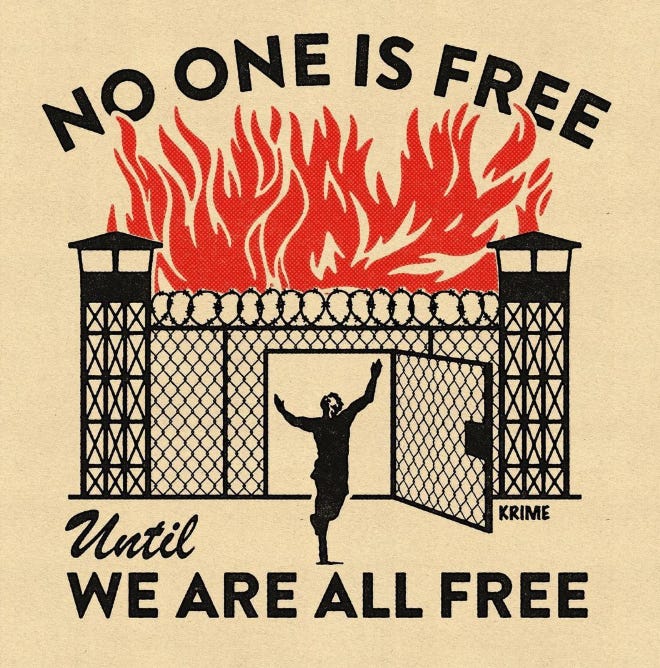
The system you know to be “modern medicine” is a colonial system designed by empires who forcefully inflicted their systems onto the communities and lands they colonized. The logic, framework & values of colonization, domination, conquest, genocide, slavery, abuse, exploitation & greed that defined these empires also define colonial medicine— a profit-driven system that never addresses the root cause of disease. Patients are treated as though their symptoms, pain & distress occur in a vacuum. Social determinants of health get some lip service but no aspect of medical care truly addresses these elements. No one will walk out of a hospital or doctor’s office with a prescription for food, water, shelter, & basic survival resources that one needs to have any baseline level of “health”.
At its best, medicine patches people up to send them back out into the same social conditions that made them sick in the first place, defined by reactive, short-sighted, disingenuous, band-aid solutions that lack true creativity, innovation, vision, & compassion. At its worst, medicine exploits, hurts, neglects & kills people, often the most marginalized who are already being crushed by the violence of the state, capitalism/ colonialism. This is violence & it is so normalized that most people don’t even call it violence.
Note:
A homie of ours is an undocumented, unhoused, refugee (with a wife & kid in Southern California) who’s immigration case was recently denied with a deportation order issued. His last chance is to file an asylum case which requires a special lawyer. We are helping him with his legal fees. If you have the capacity & want to help: here’s my Venmo, Paypal & Cashapp. Thank you <3
On the necessity of resistance within the system & working in community outside the system
If you have a job that is about “helping people” or “making change” or “doing good” then I assure you, sticking solely to the responsibilities outlined in your job description will NOT allow you to truly help people — whether you’re a healthcare provider, social worker, scientist, researcher, therapist, counselor, teacher, a paid activist in a non-profit or anyone working for an institution or company. Many of you already know this deep down. Many of us have denied & ran from this truth because we’re terrified of what it would mean for us to actually think outside the confines of the cages we’ve been raised in. Many of us are terrified to even think about playing a role in building a better world because the mere idea seems “impossible” to our limited minds. But, it is also soul crushing. What else is the point of being alive if not to care for people & the land?
Any of us that pursued careers in medicine, science, environmentalism, or any sort of “humanitarian” career believed that our jobs would give us meaning & purpose. Many of us truly believed that we would help people while aspiring to “success” in this system. I came to the U.S. believing in the empires lies, seeking to conform & assimilate. I thought proving my “worth” to the empire would give me safety. I glamorized these systems as humanitarian beacons of discovery, innovation & compassion… Then I actually got educated & trained in them and started to realize they were far from humanitarian. I am privileged enough to afford food & shelter now, but navigating academia, science & medicine cost me parts of my soul that I will never recover. Privilege always comes at a cost– the price one pays when they see & choose to ignore an elderly, poor, unhoused woman passed out on a bench even if they have the capacity to help.
I get it. I really do. I did some wild mental gymnastics to convince myself that my personal success or accumulation of wealth/ power/ status would benefit the most marginalized in my village. However, over time, I couldn’t run from the truth. Because it isn’t complicated. If there is a person in need in front of you— someone sick, unhoused, marginalized, vulnerable, oppressed— and your “job” doesn’t allow you to step up & help them by any means necessary then that job really was not designed to “care for people”, “save lives” or “change the world”.
So, how can we think beyond the confines & shackles of our job/ career?
The role of the doctor, healthcare provider, scientist, healer, therapist, advocate— is to build foundations for the people’s revolution
Medicine is the act of caring for another— whether it’s a human being, flora, fauna, or the land. Science is about understanding human & non-human life forms, our ecosystems, planets & beyond so we can better care for all the parts that make up the collective whole. Real activism is about having the collective power to affect change by directly tackling a problem without begging people in power for crumbs.
Real medicine, science, advocacy & change is only possible when we dare to step outside the confines of mainstream systems, outside capitalism/ colonialism, outside institutions, companies & ivory towers, outside the state. To truly be a healer, scientist, care provider— you NEED TO BE A COMMUNITY ORGANIZER. You need to be in community, in relationships with people as you collectively find ways to build capacity needed to resist these systems. You need to think about what it would mean to care for people in a manner that directly tackles the root cause of disease, not just the downstream symptoms. We need to focus on building strong, intimate, trusting relationships to one day forge underground care networks that will directly meet the people’s needs in ways that the oppressive state has always failed to do so. But, you & I have to start SOMEWHERE.
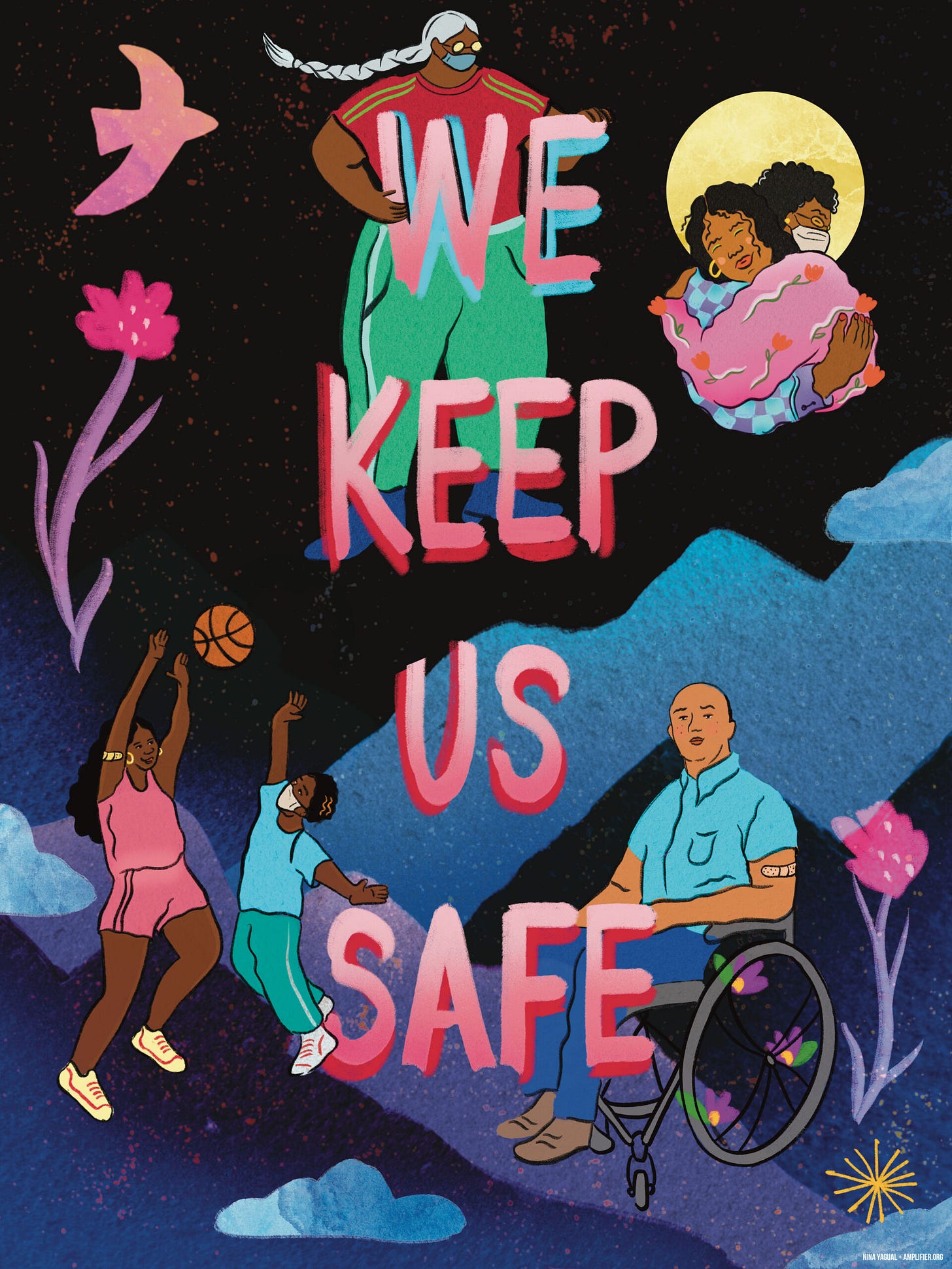
This is not to say that there is nothing that we can do in the system. We have to earn the right to live so we need jobs. Some of us can do harm reduction within the system. Certain parts of political or economic structures might be useful to leverage to redirect resources into & build more power for our communities. But that is not the main mechanism of change, transformation, innovation or creativity. Sticking to the system & coloring within the lines leaves us as enablers or perpetuators of violence without a counterbalance to offset that harm. There isn’t a lack of people who believe that change is possible from within. That is the mainstream, widely accepted belief that the empire shoved down our throats our whole lives. That tells you that operating solely within the system will maintain the violent, oppressive status quo. ONLY focusing on your job & career is exactly how you serve the empire.
I’ve had some people in medicine/ science say they feel hopeless or powerless when they realize that all mainstream dominant systems we operate within are oppressive. It’s understandable for us to be emotionally crushed when we realize that we were lied to, manipulated & brainwashed our whole lives. It’s terrifying to then realize that huge chunks of our identity, the things we told ourselves we are, what we like, what we should/ must/ have to do, our dreams/ goals/ aspirations— aren’t really “our own” choices made with true agency. We internalized the values of the empire as our own. It’s scary to face reality & look into a mirror with humility.
It’s utterly horrifying to accept that all of us are oppressed subjects & implicated in oppression. Many of us have coped with this horror through obedience, compliance & didn’t question anything. Given how deeply ingrained colonial/ capitalist beliefs are in us, we need to experience a massive ego death & collapse of the “obedient self”. In fact, there is no liberation without a downfall that brings us to our knees & forces us to reckon with the fact that we are a part of something far bigger than ourselves.
We have a responsibility to the people, the collective, our ecosystems, & our planet. But when we’re isolated, lonely, & spending most of the day fixated on school or work — we tend to hyper-focus on the bad but completely miss the life-sustaining good that is all around us. It makes perfect sense to feel powerless alone because we ARE powerless alone. But the power of a coordinated, cohesive, diverse collective is infinite. It might be hard for people to hold this complexity. It might not feel intuitive to ask yourself “But what about everyone else? What about the world outside me?” But oddly— decentering ourselves, focusing on the world around us with all it’s pain/ suffering/ messy joy, & asking ourselves how we can collaborate towards building a better world is the very thing that will give us true meaning, purpose & hope.
The goal isn’t to ask “How can I change the system?” or “How can I change the world?”. The goal is to ask “How can I serve the collective? How can I build community? How can I contribute to the greater collective struggle for liberation & freedom?” and then… take a leap of faith.
Isolation breeds despair. But once you step back to understand your life’s purpose thru a collectivist lens & spend more time building community, then you realize that despair is merely a phase in a broader journey towards figuring out how you can actually care for community IN community & OUTSIDE the system.
We eventually realize that cognitive dissonance, confusion, anger, rage, disappointment, fear, guilt, shame, desperation, frustration, & despair are all part of a larger collective struggle for liberation— as is real joy, connection, ease, relief, hope, contentment, & serenity.
& remember… you will not have all the answers immediately. You may want to comprehend the solution before even committing to & embarking on this work but that is also a cop out driven by the arrogance that colonial systems drill into us. The process of struggling in community is the way we will contribute to building life-sustaining systems. There will be mistakes because how else would we learn? There will be lots of learning, fine tuning & adapting. However, we must take the first step with humility knowing that our existing biases, deep socialization & mental barriers are preventing us from “seeing” the solution to our problems. Often, we don’t even have the basic foundational knowledge or politicization needed to really “understand” the logistical or practical aspects of resistance movements & revolutionary struggles. So be aware of the colonizer/ capitalist/ cop in your head & how it shows up in moments when we may want “the solution” to be presented before us in a concise, step-by-step, formulaic handbook.
A better world is possible. Better worlds have existed before & in many ways, pieces of a better world exist all around us today— like more collectivist/ indigenous approaches to medicine that care for human health as part of land & ecosystem health… or even genuine moments of joy & laughter we may experience in reciprocal relationships. Liberation is inevitable. We have to figure out how we can serve as care providers, scientists, academics, teachers, advocates, healers, creators, & builders in community, within movements, in the heart of the struggle, on the frontlines & sidelines of militant resistance efforts, alongside the most marginalized people.
We have to fight as though the idea of a better, more just, equitable world isn’t just a hope, prayer or dream but a promise, an inevitable future that already coexists with the present & past in spacetime. Liberation is inevitable but only if we act en masse.
If we are fickle in our faith, then it will affect our present efforts almost like an ill fated self-fulfilling prophecy. If we think we’ll fail, then we’re more likely to not try our hardest & that is the easier cop out.
But if we think a better world is possible, let that belief become a fundamental core principle we live by, a tenet that defines us & courses thru our veins, then we have a messy, difficult but liberating struggle ahead of us. We cannot experience genuine meaning, purpose, & happiness as long as we run from the struggle. There will always be an endless hollowness within us as long as we live in willful ignorance, refusing to see these systems for what they are. History teaches us that revolutions are inevitable & their success is contingent on the unwavering resolve of the people. Communities that are unrelenting in their pursuit of liberation will be free.
How long will we tell ourselves that our made up jobs & careers are the most important thing in the world? How long will we say that we’re doing “what we can” in the system when we truly never really tried doing anything outside it? How can we keep looking away from the suffering of our kin with the naïve deluded arrogance to think that their distress will not impact our health? How can we possibly continue living as though our survival is not interdependent? How can we continue to wake up & exist as hollow, dissociated, robotic, workers & subjects who live without meaning, from milestone-to-milestone, struggle-to-crisis, task-to-chore, deadline-to-hurdle? Is this it? Is this life? Is this what we were put on this Earth for? To walk around a human being laying on the ground in pain? So instead of just wallowing in a despair that too shall pass in community, let’s also ask ourselves how we can roll up our sleeves, & get to work together. Let’s be critical about how much time, energy & effort we really need to give to our day jobs & careers. Happiness does not come from “success”, it comes from being enmeshed in a community, from having a greater purpose, from living for something far bigger than yourself.
There have always been bolder, more creative, truly innovative collectivist systems of care and indigenous medicine that have protected ecosystems & sustained life in all it’s forms. We don’t have to reinvent the wheel but we do have to take a leap of faith & commit to the struggle as though our whole being is in service of the people. We have to give ourselves to the people to receive their life-sustaining bounties that will keep us tethered to this Earth. Take that 1st step in community & the next one will gradually appear in due time. That’s organizing & life in community.
With care,
Ayesha
P.S. I will share recordings of both parts of the Decolonizing Medicine 101 / 102 workshop series on my tonight (for paid subscribers). If you’d like access to the paid content but have financial constraints, just email me ayeshakhan0993@gmail.com
This post has been syndicated from Cosmic Anarchy, where it was published under this address.

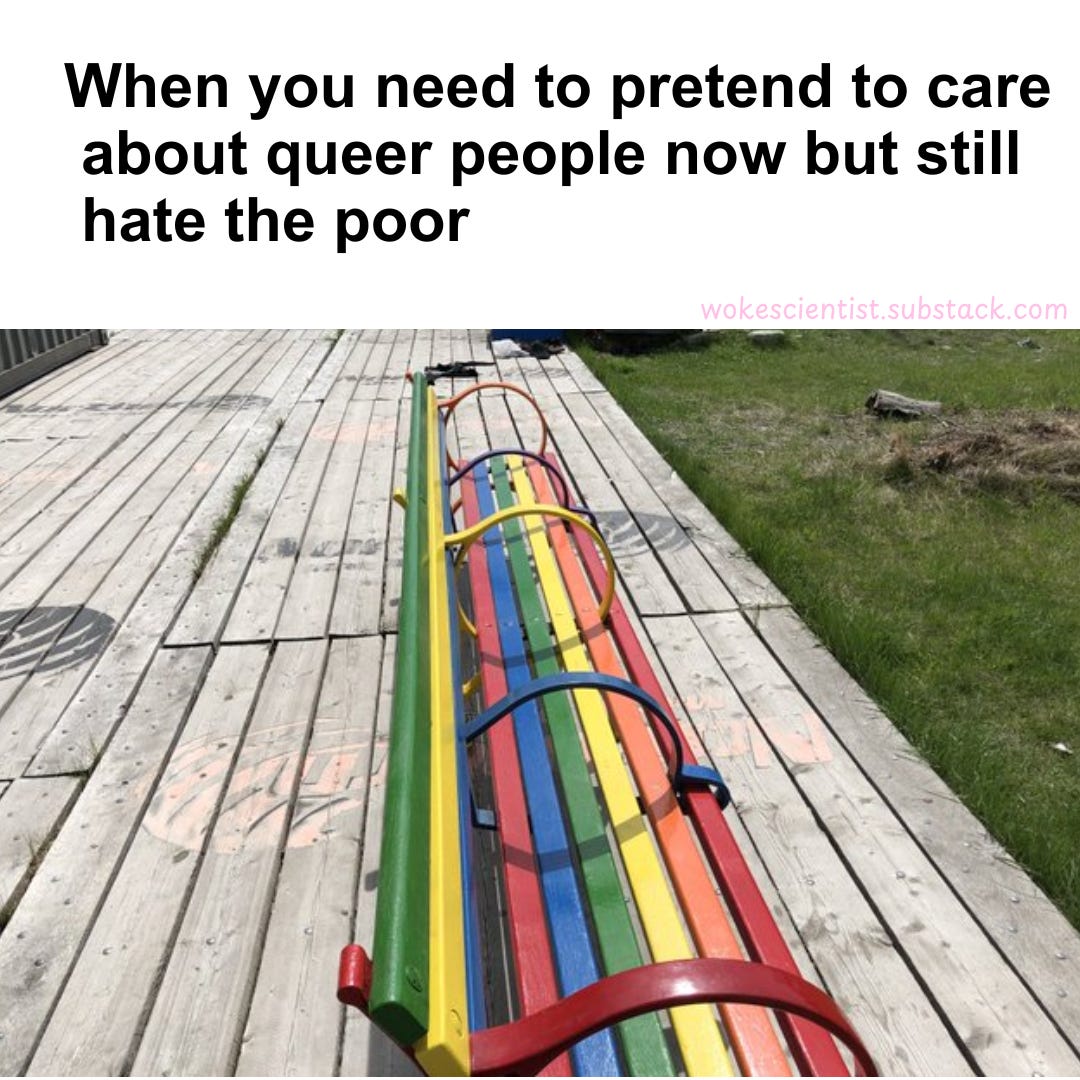
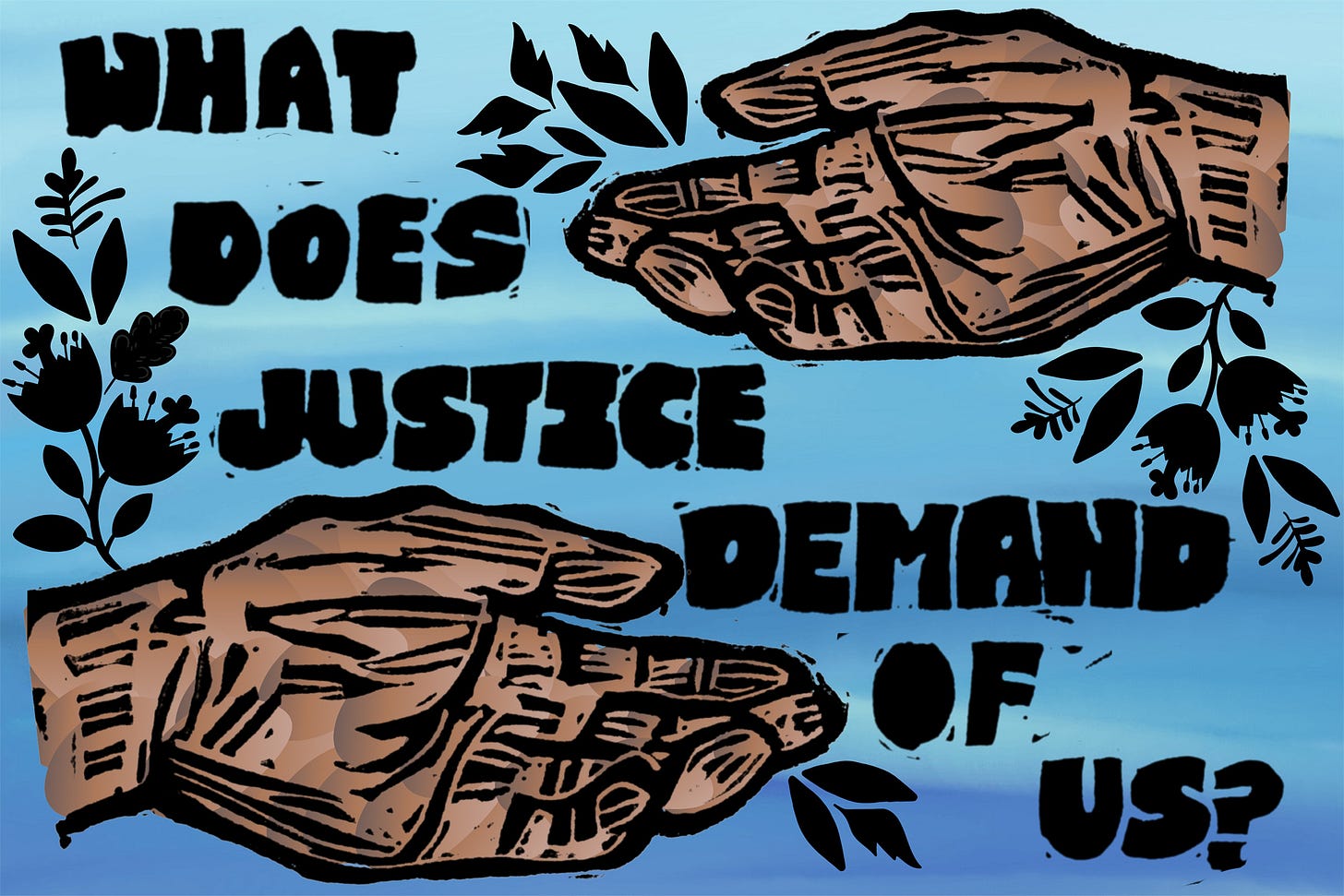
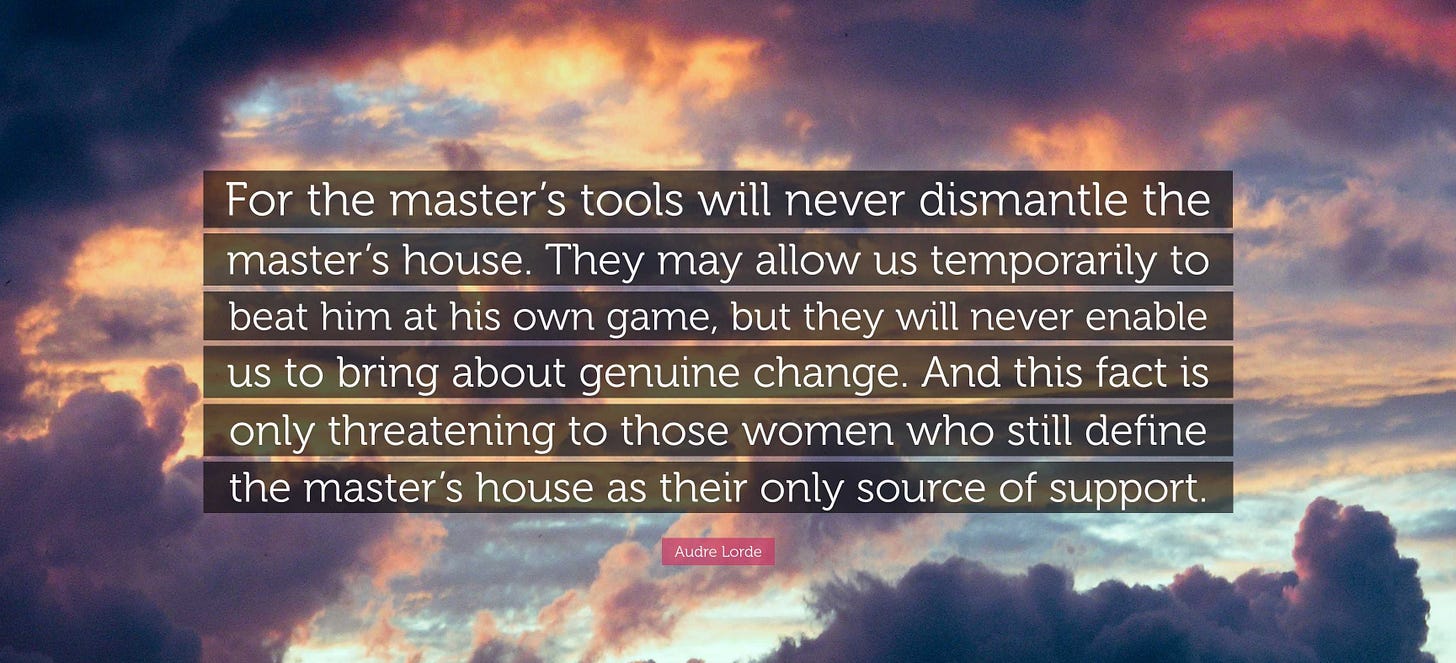
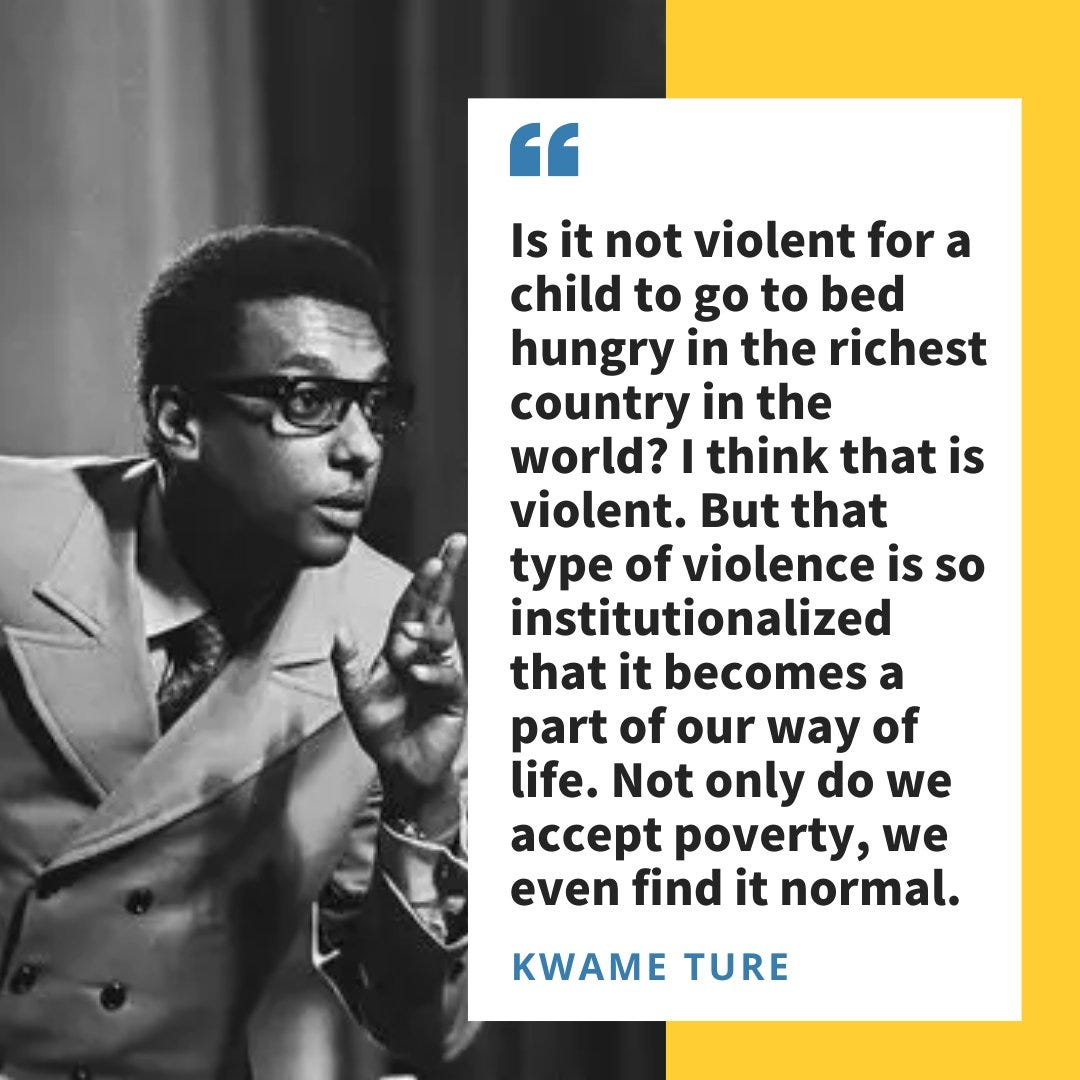
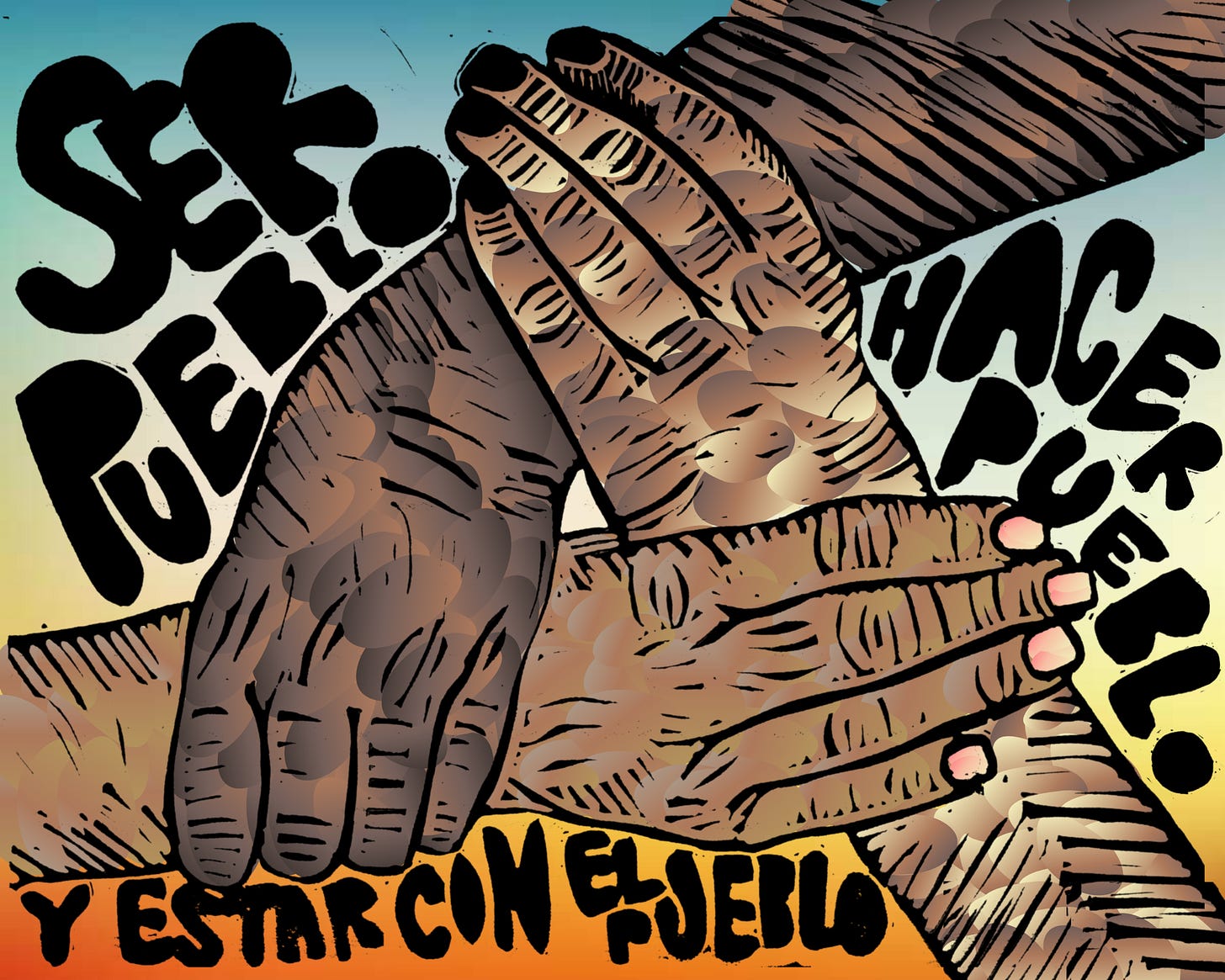
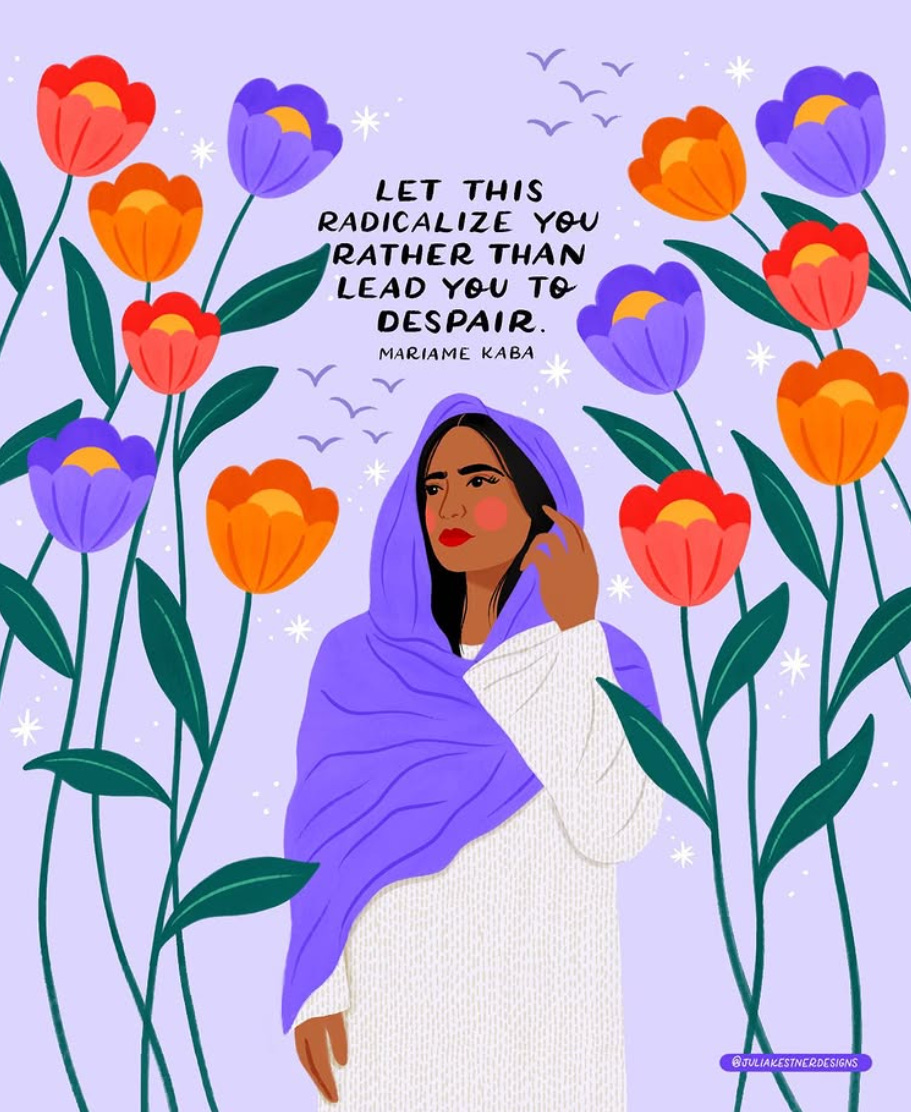
![[image description]: Intertwined ribbon banners with the words "Listen, can you hear it? A Change is coming Now!" - The ribbons are floating in the air above a crowd of people with their fists raised. [image description]: Intertwined ribbon banners with the words "Listen, can you hear it? A Change is coming Now!" - The ribbons are floating in the air above a crowd of people with their fists raised.](https://substackcdn.com/image/fetch/w_1456,c_limit,f_auto,q_auto:good,fl_progressive:steep/https%3A%2F%2Fsubstack-post-media.s3.amazonaws.com%2Fpublic%2Fimages%2F7ccfef65-7c9c-4039-a6a0-ec07f8b581cf_1500x2000.jpeg)
